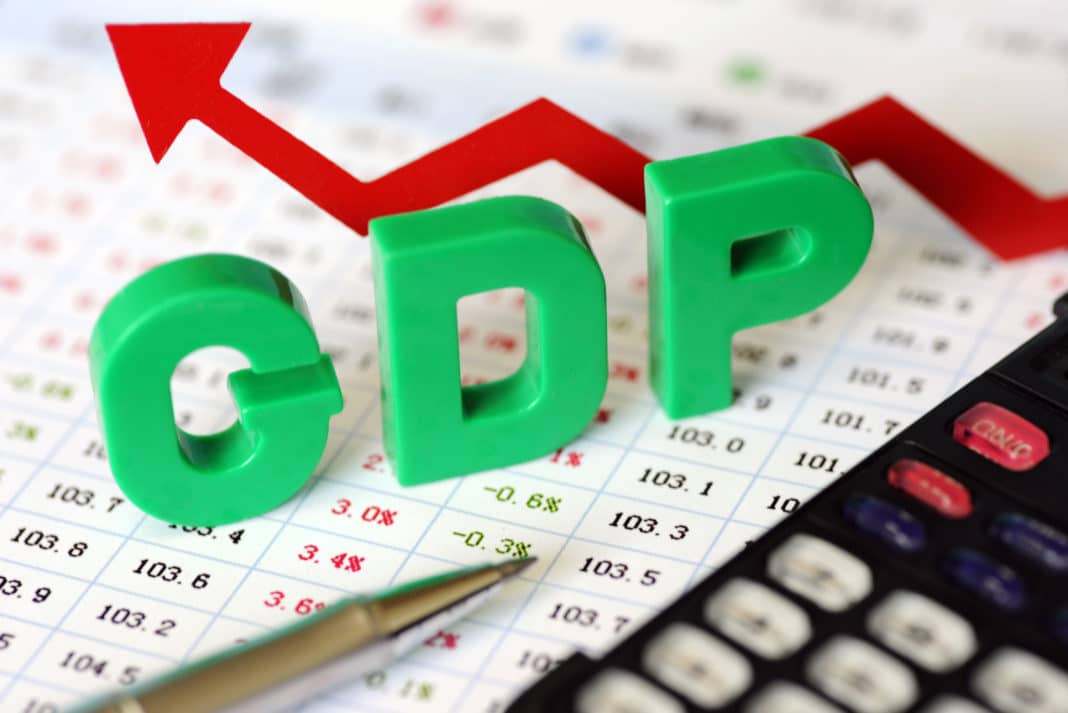Nigeria has exited economic recession as the country’s Gross Domestic Product (GDP) grew by 0.11 per cent in the fourth quarter of 2020.
The latest economic expansion represented the first positive quarterly growth in the last three quarters.
- How conflicting COVID-19 protocols forced UAE to suspend flights from Nigeria
- Kano records 19,000 survival fund beneficiaries
The GDP report released Thursday by the National Bureau of Statistics (NBS) showed that while the fourth quarter of 2020 growth rate was lower than growth rate recorded in the previous year by -2.44 per cent points, it was higher by 3.74 per cent points compared to the third quarter of 2020.
Analysis of the report showed that on a quarter on quarter basis, real GDP growth was 9.68 per cent, indicating a second positive consecutive quarter on quarter real growth rate in 2020 after two negative quarters.
“Though weak, the positive growth reflects the gradual return of economic activities following the easing of restricted movements and limited local and international commercial activities in the preceding quarters,” NBS explained.
The GDP had declined by 6.10% and 3.6% in real terms in the second and third quarters of 2020 respectively, ending the three-year trend of low but positive real growth rates recorded following the 2016/2017 recession.
The report showed that overall in 2020 the annual growth of real GDP was estimated at -1.92%, a decline of -4.20% points when compared to the 2.27% recorded in 2019.
In the fourth quarter of 2020, an average daily oil production of 1.56 million barrels per day (mbpd) was recorded.
This was lower than the daily average production of 2.00mbpd recorded in the same quarter of 2019 by -0.44mbpd and the third quarter of 2020 by -0.11mbpd.
The development has drawn comments from economic analysts and groups. An expert in social capital mobilisation and human capital development, Bola Daunsi, said: “Though still weak, this GDP growth rate was enough to take Nigeria out of recession, owing largely to the contribution of the non-oil sector. We can build on this for further higher growth.”
Managing Director of Kairos Capital, Sam Chidoka said: “What this result also indicates is that we now need to look at the key sectors that have done well and improve on them whilst working to do more on the sectors that are lagging.”
Dr Olalekan Aworinde, Public Policy Economist and Senior Lecturer at the Pan Atlantic University said: “I do not think it is something that we should be cheerful about. I personally do not want to believe this GDP result considering the economic downturn in the country.
“The GDP result is in respect of the period between October and December when we witnessed the EndSARS protest that practically crippled economic activities in the country, so how then did we report positive GDP growth? Is it FDIs or portfolio investment that has suddenly increased and transformed into growth?”

 Join Daily Trust WhatsApp Community For Quick Access To News and Happenings Around You.
Join Daily Trust WhatsApp Community For Quick Access To News and Happenings Around You.


